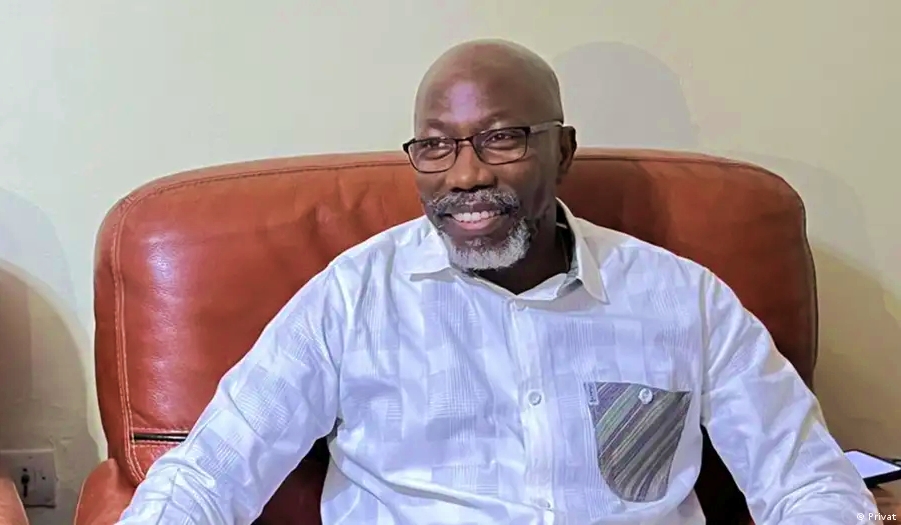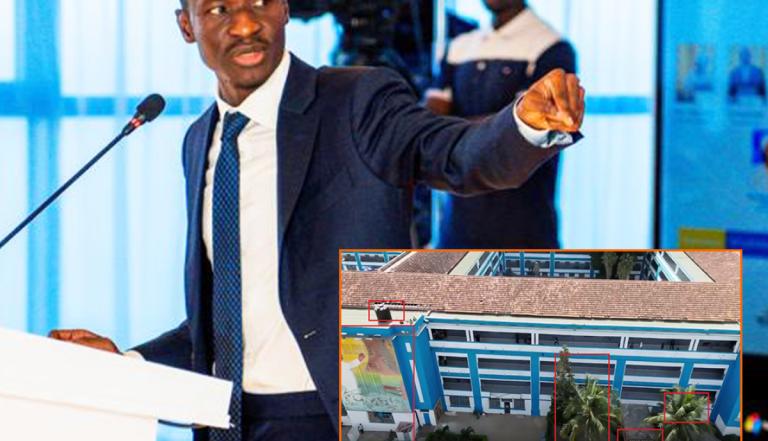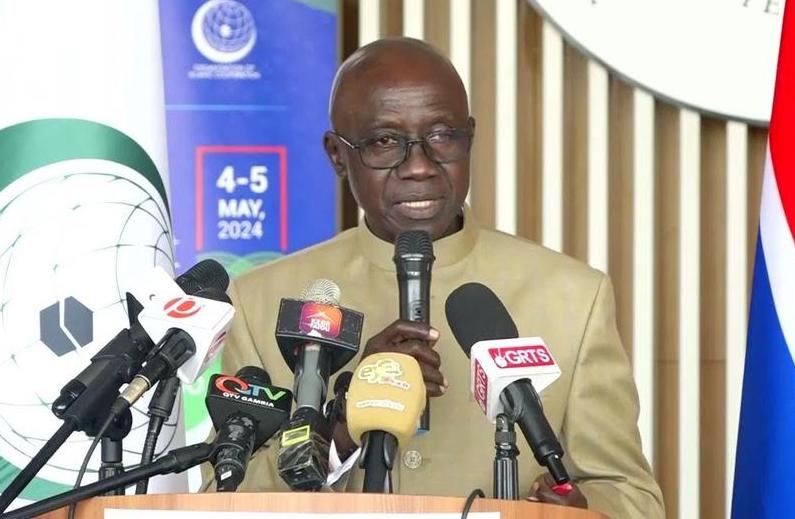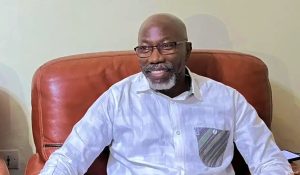Gambiaj.com – (BANJUL) – Yankuba Dibba, the Chief Executive Officer of the Gambia OIC Secretariat, recently provided insights into the unbuilt OIC five-star hotel, originally intended to accommodate VVIP guests during the summit. Speaking at a post-OIC press conference with Gambian media, CEO Dibba addressed questions surrounding the hotel’s failure to materialize and discussed the future steps regarding this project.
Dibba acknowledged the hotel’s importance for accommodating summit attendees but emphasized that the Secretariat had a contingency plan in place.
Despite the hotel project not coming to fruition, alternative arrangements were made to secure sufficient bed space for the summit. He clarified that the hotel project differed from other government projects, as the government lacked the necessary funds for its construction.
President Adama Barrow had previously expressed disappointment over the delay in constructing the Radisson Blu Hotel Gambia for the OIC Summit, citing issues with documentation, investor negotiations, benefits, and resource mobilization. However, Dibba reassured that funds had been mobilized, and construction was expected to proceed promptly.
Regarding the financial arrangement, Dibba explained that initial plans for a loan were hindered by non-concessional terms. Instead, a public-private partnership (PPP) was pursued, forming a joint venture company called ImoGam. The company, with 100% equity (90% from the concessionaire and 10% from the Gambian government), was tasked with building the hotel.
“We had wanted to take a loan at the beginning, but then the loans were not concessional, so we couldn’t get a hotel built on our own. So we therefore explored different possibilities. And one of the possibilities that was identified was a PPP, public-private partnership, where we had 100 percent equity, but 90 percent of the equity was brought in, was supposed to have been provided by Concessionaire. And then 10% of the equity, which is the land, was contributed by the Gambia government. So therefore, we created what is called an SPV, Special Purpose Vehicle. In economic terms or in business terms, that means a company. And that company is neither government 100%, nor belonging entirely to the concessionaire,” CEO Dibba explained.
Despite project delays, Dibba affirmed that ImoGam legally exists, with work on the project site already initiated. he however distanced the OIC Secretariat from the unfinished hotel project. “It’s no longer a Gambia government, purely Gambia government project. It’s no longer an OIC project. What we did, as our secretariat mandate demands, is to raise resources,” CEO Dibba said.
In conclusion, Dibba clarified that the project, while facing delays, remains active, with plans to complete construction. Dibba encouraged those seeking further information about the project to consult ImoGam’s board of directors.










